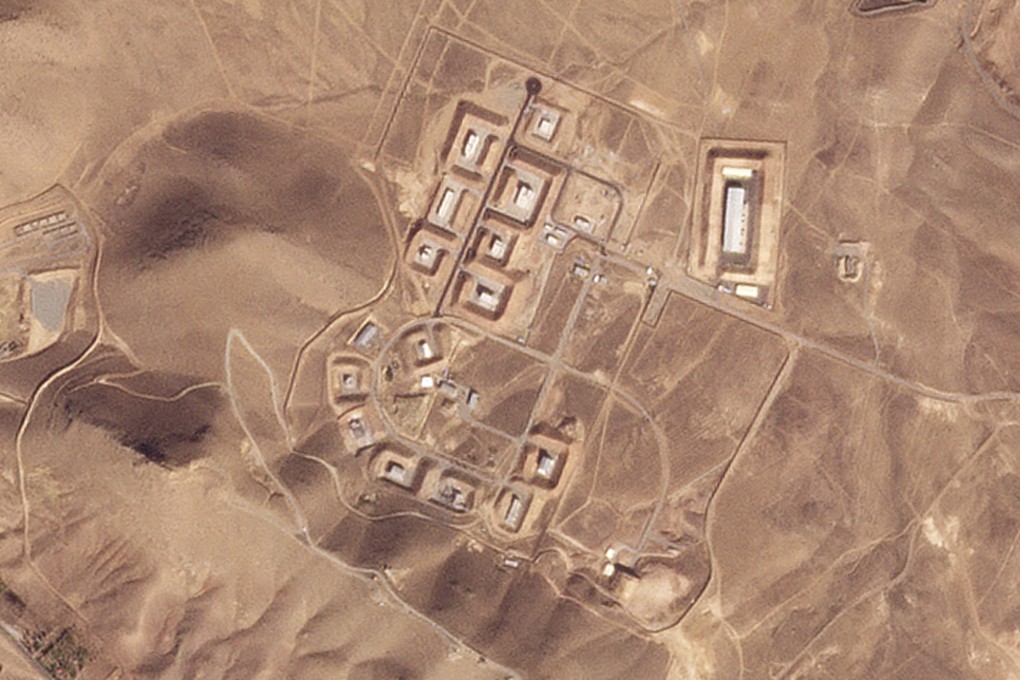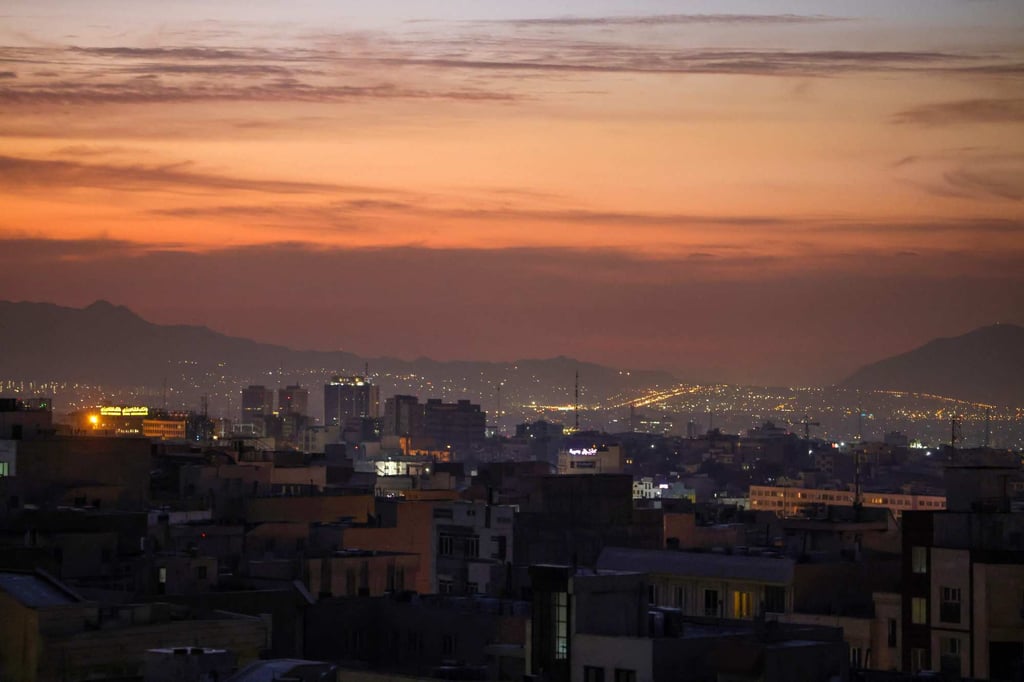Advertisement
Iran weighs its options after Israeli strike exposes military vulnerabilities
The unprecedented escalation has left Iran’s leadership grappling with the potential consequences of retaliation
Reading Time:4 minutes
Why you can trust SCMP
13

As the smoke clears from Israel’s recent air strikes on Iran, cautious optimism is growing that Tehran will refrain from retaliation – at least for now.
Advertisement
But the unprecedented military exchanges between the Middle Eastern rivals signal a precarious shift in the balance of power, heightening fears of an impending conflict that looms larger than it did before the outbreak of the Gaza war.
For the moment, analysts believe both Israel and Iran will act with restraint, wary of dragging the United States and its next president into a conflict neither side desires.
“Interestingly, Israel provided advance warning and cautioned Tehran against further escalation but still crossed huge red lines,” said Sanam Vakil, director of British think tank Chatham House’s Middle East and North Africa programme.
Iran has not faced such a direct attack since its war with Iraq in the 1980s, and “there is no doubt that it has been reputationally and militarily weakened”, Vakil said.

“This gives Iran space to de-escalate at a sensitive time domestically, regionally, and internationally,” she said, adding that the Israeli strikes have left Iran “boxed in by its own military weakness”, exposing vulnerabilities while its proxies in Gaza and Lebanon have also faced significant degradation.

Advertisement